Data
Data plays a pivotal role in modern transport management, enabling local and regional authorities to make informed decisions, optimise transport systems, and improve services. Data is collected in various forms—historical, real-time, or from third-party providers—and supports functions like traffic and fleet management, real-time travel updates, and influencing travel behaviour.
The landscape of transport data has undergone rapid transformation, driven by the private sector, with entities such as app developers, mobile carriers, and vehicle manufacturers accumulating vast amounts of data. This shift has led to an ongoing debate on data sharing between the public and private sectors, with significant challenges around interoperability, data quality, and privacy.
The rise of open data initiatives by public authorities in the past decade has highlighted the potential value of data for urban mobility. It provides valuable insights into transport network performance and how people and goods move. However, some cities face challenges in managing and fully utilizing this data, necessitating investment in skills and resources for data management.
Moreover, accurate and comprehensive road safety data is crucial for developing effective safety strategies. While European efforts have improved safety data collection, there remains a lack of local urban safety data to benchmark initiatives. POLIS has initiated a European database on urban road safety, encouraging cities to contribute data using a standardised template, thus helping build a more robust framework for urban road safety analysis.
POLIS involvement
POLIS has actively worked on promoting data accessibility, particularly through the Traffic Efficiency Working Group, which explores the role of open data in improving urban transport efficiency.

Multimodal Traffic Management Cluster sets course with Roadmap for 2030 (and beyond!)

Cooperation between NAPCORE and POLIS inaugurated

POLIS joins the REFOCUS Project for the next generation of SUMPs and regional mobility plans

Discover the latest ERTRAC Integrated Urban Mobility Roadmap!

Participate in the new STREnGth_M survey!

Register now for NAPCORE x POLIS upcoming workshop series on cycling data!

POLIS publishes fourth edition of Cities in motion magazine

JULIA investigates AI use in the future of mobility

POLIS-NAPCORE sign Cooperation Agreement at Connecting Europe Days

Join the deployEMDS Network of Follower Cities and Regions!

BDTI materials now available in all 24 EU languages
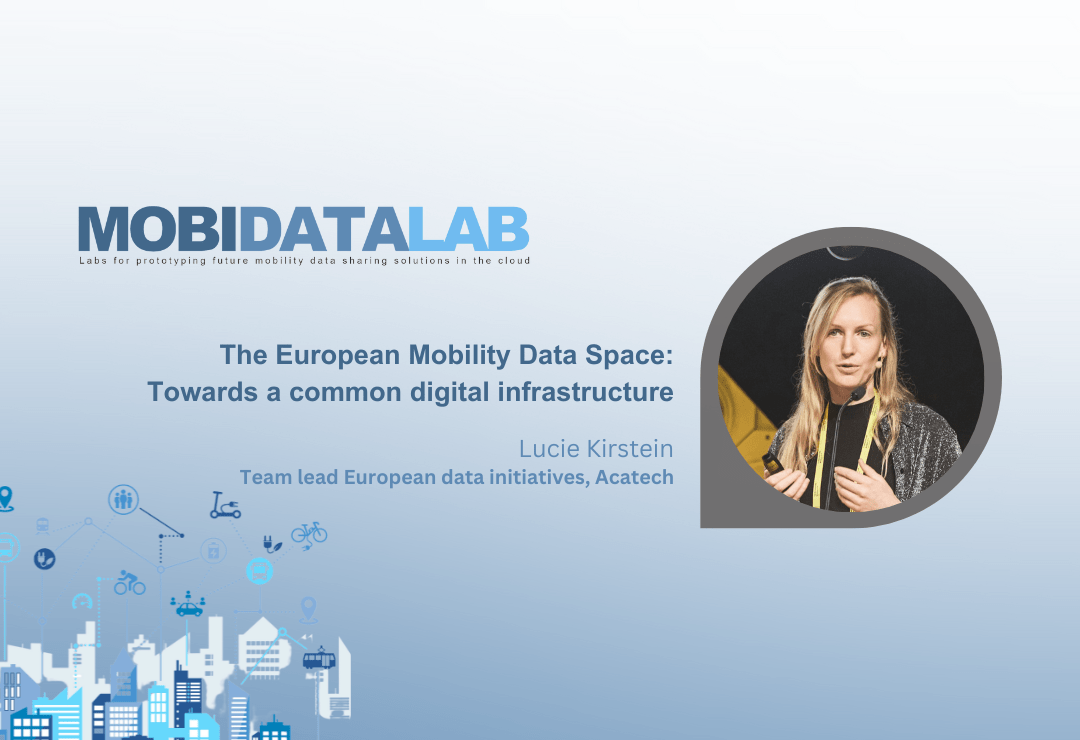
MobiDataLab shares opinion article about common digital infrastructure for the European Mobility Data Space

ESCALATE conveys for its General Assembly!

Imec releases white paper on bike data spaces

Registration is now open for TRA 2024!

Digital Twins for Urban Logistics: LEAD Policy Recommendations launched

Deployment of European Mobility Data Space launched at #TMWC23

Factual Consulting launches online survey ahead of EU Space Week 2023

Apply to host the 2028 TRA Conference!

MobiDataLab Hackathon close-up: hard work pays off!

IMEC shows how smart data operations can improve urban logistics

Subscribe to ESCALATE’s newsletter!

POLIS publishes second volume of magazine Cities in motion!

ERTRAC celebrated its 20th anniversary with a bang!

Shaping the future of Urban Air Mobility with MAIA and MUSE

Submissions open for JPI Urban Europe ACUTE, UERA future seminar

Fluctuo’s Q1 2023 European Shared Mobility Index reveals continued growth in the face of economic challenges

Transforming Transport Management: Introducing SYNCHROMODE, a data-driven revolution

MobiDataLab Datathon: That’s a wrap!

Open Mobility Foundation launches MDS 2.0

POLIS’ Brussels Bubble Band meets again

MobiDataLab Opinion Article: What’s the case for public authorities to buy transport data?
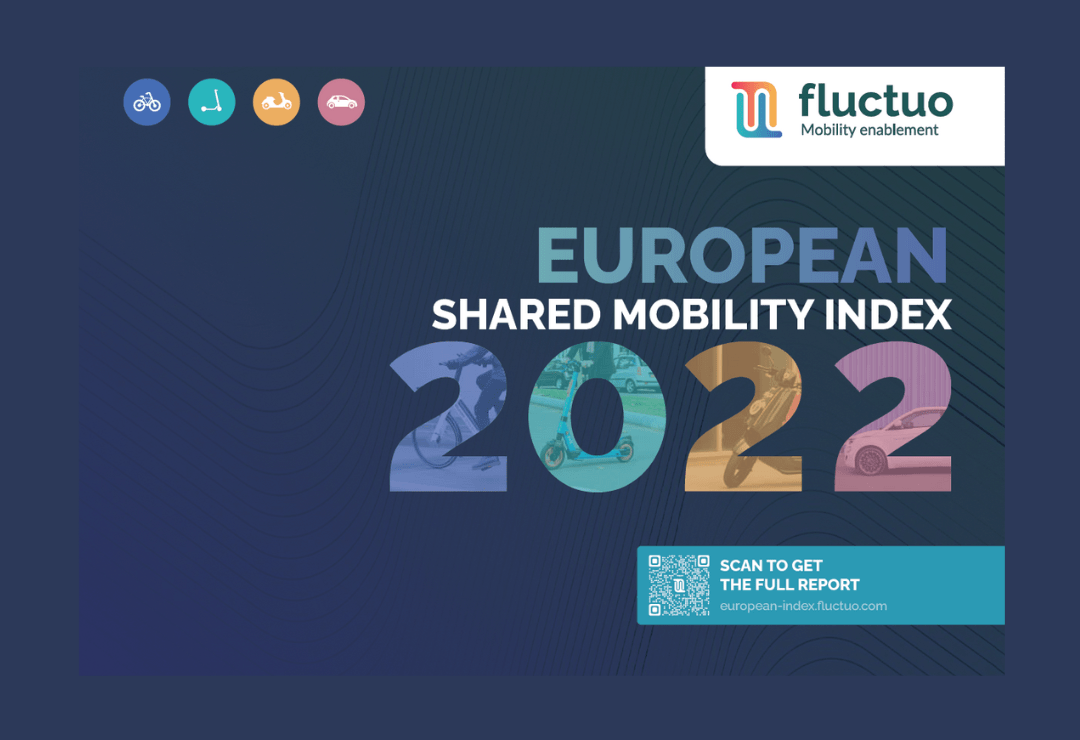
New Fluctuo report says Europeans spent €3.1 billion on shared mobility services in 2022

POLIS elevates the voices of cities at Autonomy Paris

Are shared mobility solutions helping reduce CO2 emissions? MOBI-MIX investigates

Women shifting gear! Meet the women behind the sustainable mobility transition

POLIS’ SMC Platform heads to La Rochelle

European Commission publishes MPMF report on Multimodal Digital Mobility Services

POLIS members attend NAPCORE Workshop on driver information services

Registrations now open for the Just Transition Webinar series!

CROW shares new guide to revised EU RTTI delegated regulation targeting road authority audience

POLIS launches Just Transition webinar series

Welcome to the world, PHOEBE!

Shared mobility rules! MOBI-MIX publishes project final outcomes
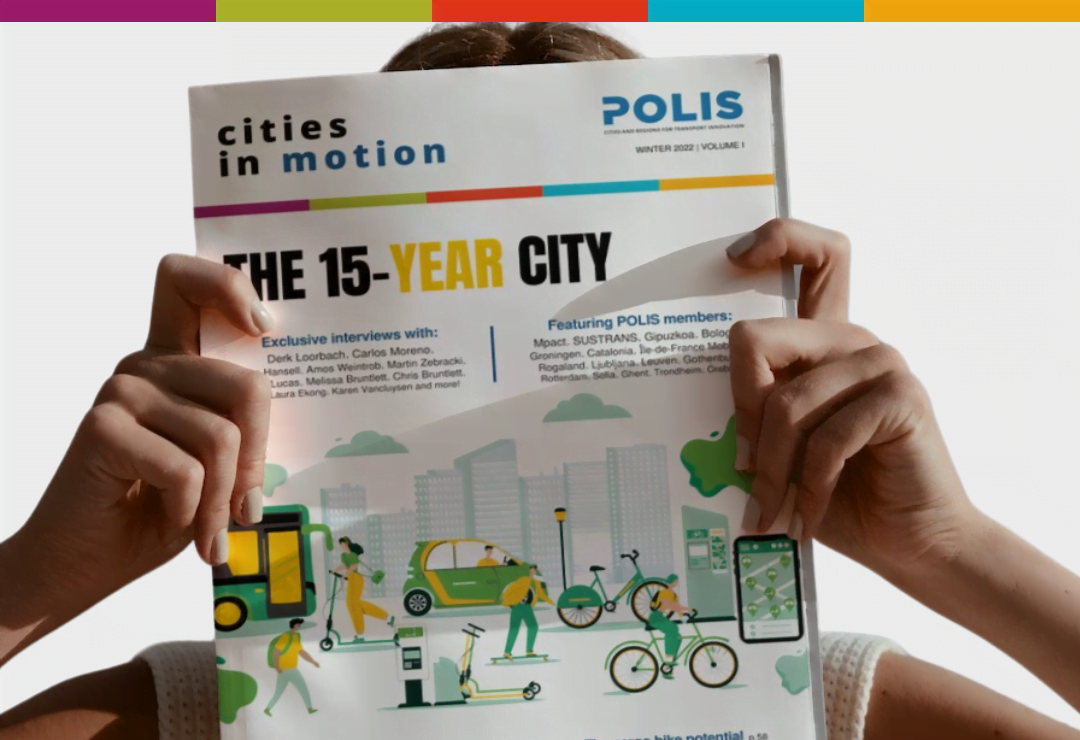
POLIS unveils its brand-new magazine ‘Cities in motion’!

CDS-M from the start! A manual for managing data

Data, data and more data at NAPCORE Mobility Data Days

An autumn of action! POLIS’ Working Group meetings

Apply now for the DT4REGIONS Award!

CountEmissions EU – the European Commission would like to hear your views!

What are the standards for mobility data sharing? MobiDataLab investigates
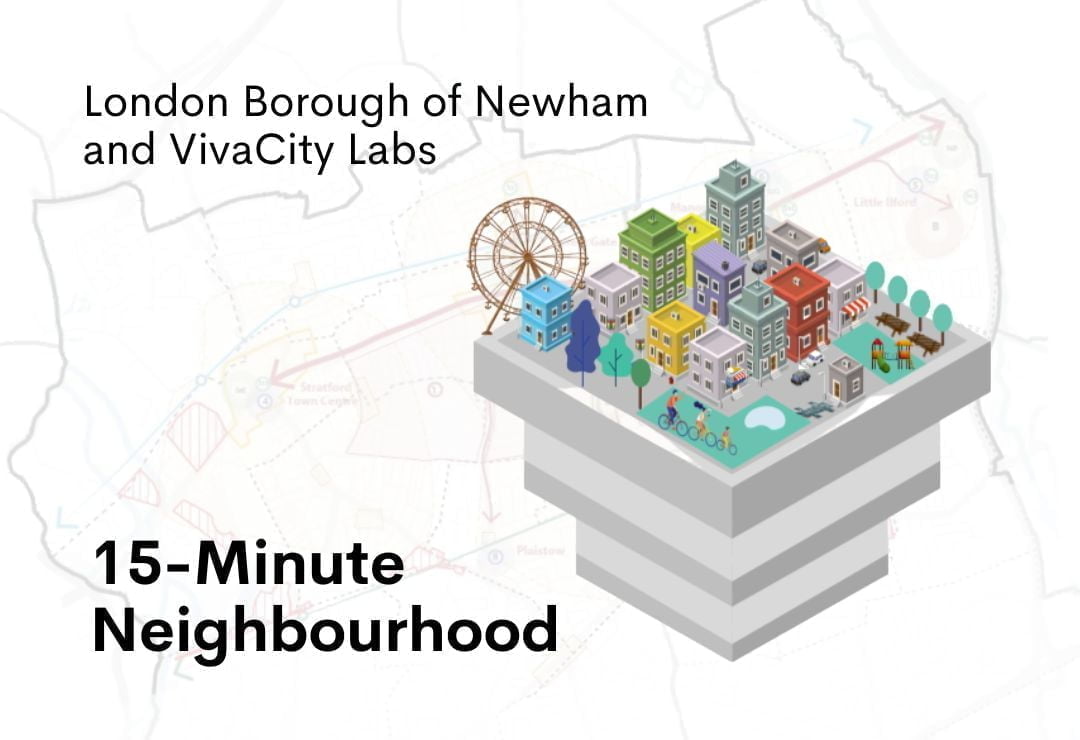
London Borough and VivaCity join forces for 15-Minute Neighbourhood

UWE Bristol and Sustrans tackle fair bus fares for youngsters

Catalonia tracks transport services in real-time
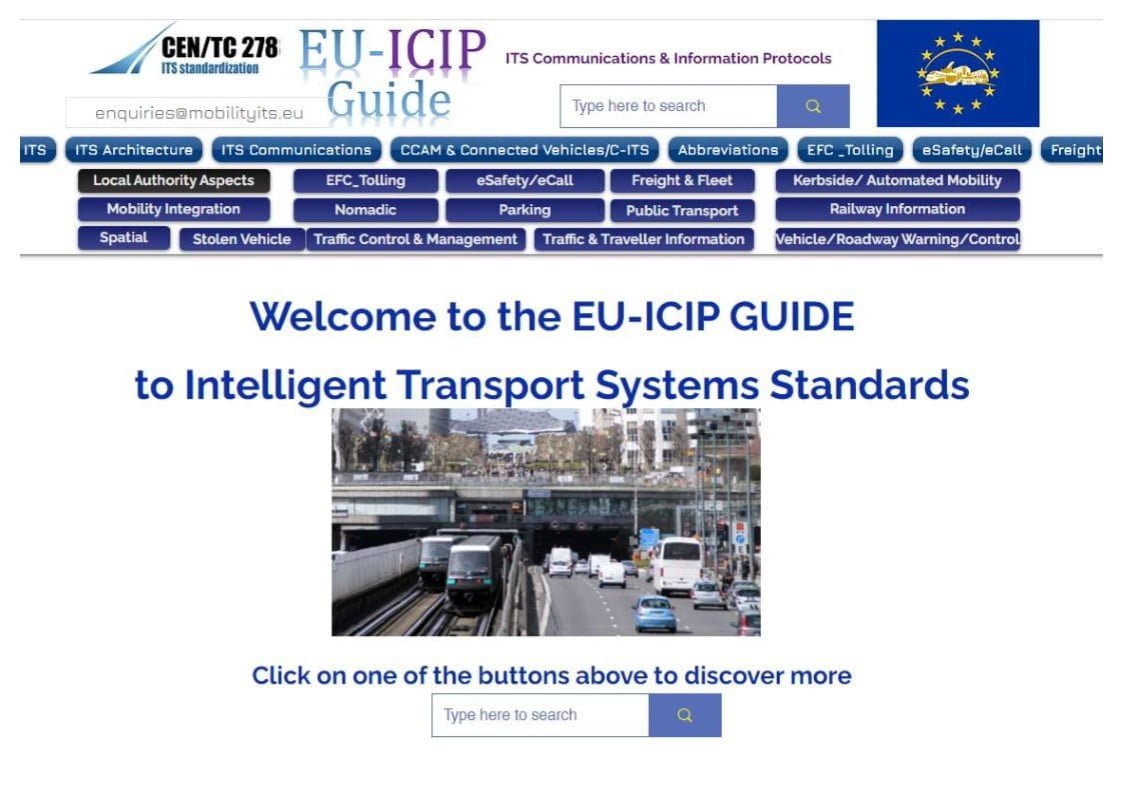
New guide to European and international ITS standards has been launched

Registration for the Annual POLIS Conference 2022 is now open!

Madrid’s new micro hub reduces the distance travelled for deliveries by 33%

Sustrans publishes new Walking and Cycling Index
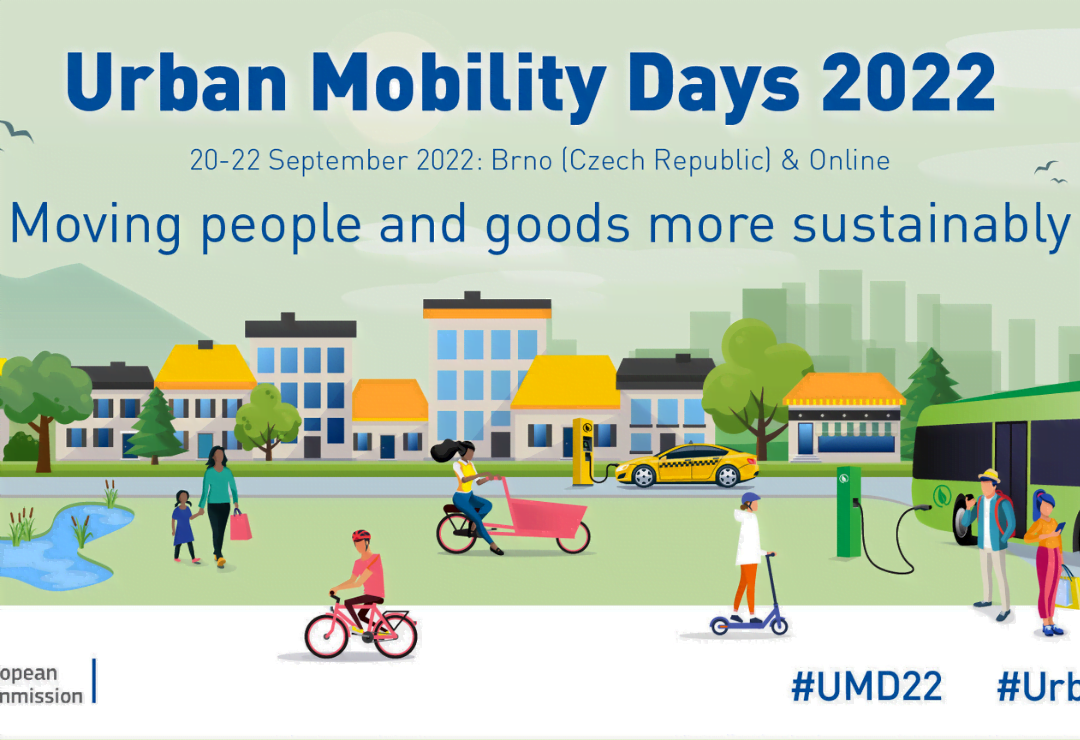
Registrations for Urban Mobility Days 2022 are now open

Save the date for the Urban Mobility Days 2022!

Governance & Integration: MOMENTUM, disruption and data
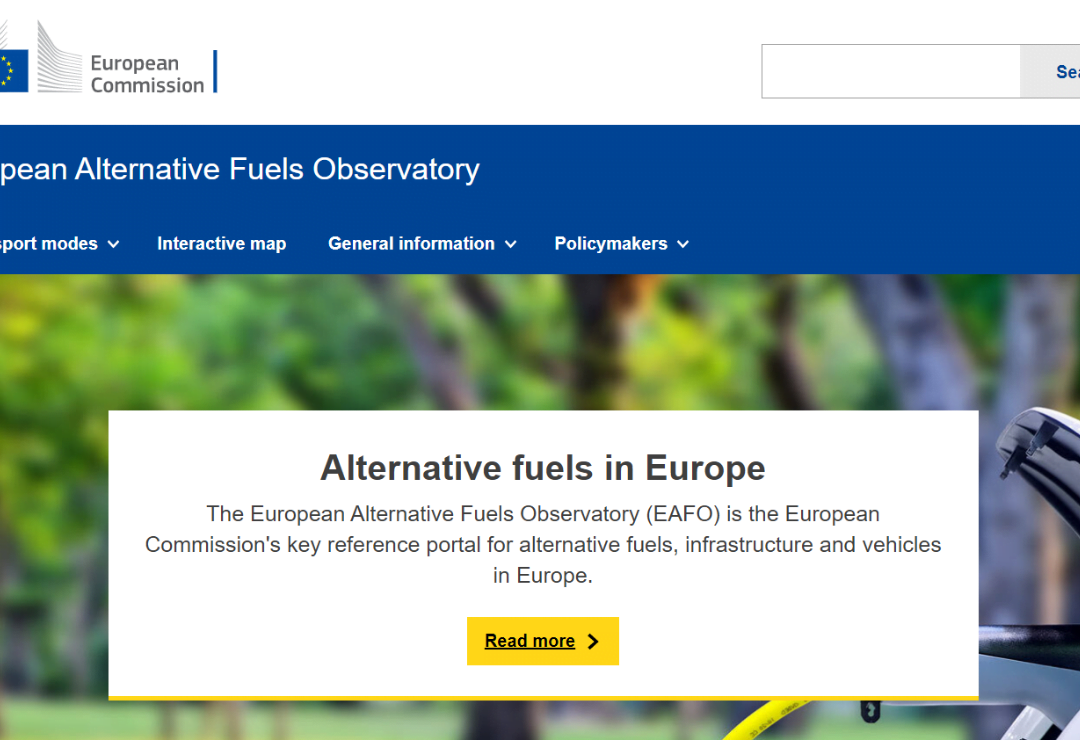
European Commission launches improved EAFO!

POLIS’ Working Groups: The year so far
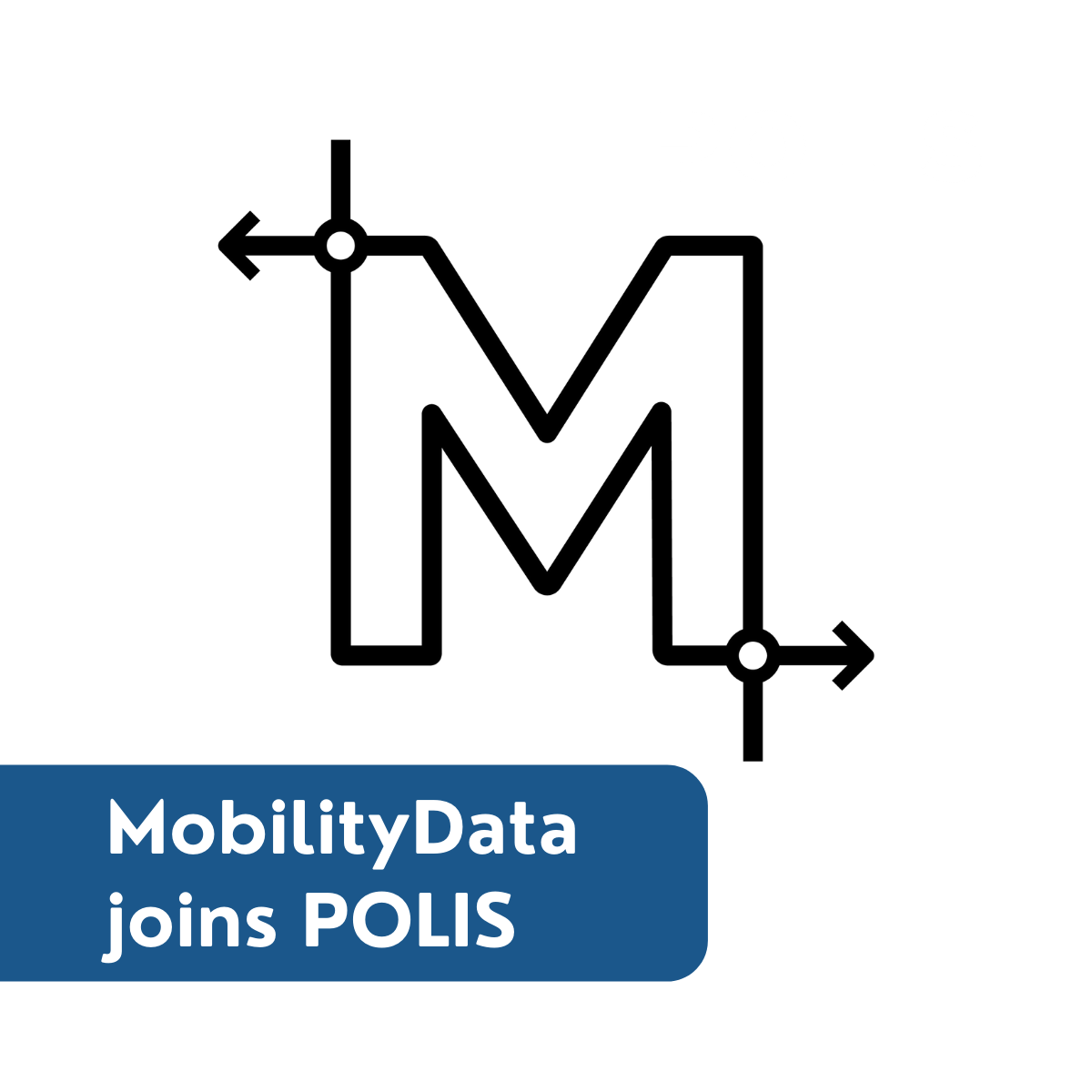
MobilityData joins POLIS!

Parity in Paris: Bike-sharing for gender-equal mobility

The International Organization for Standardization formally adopts global parking data specification
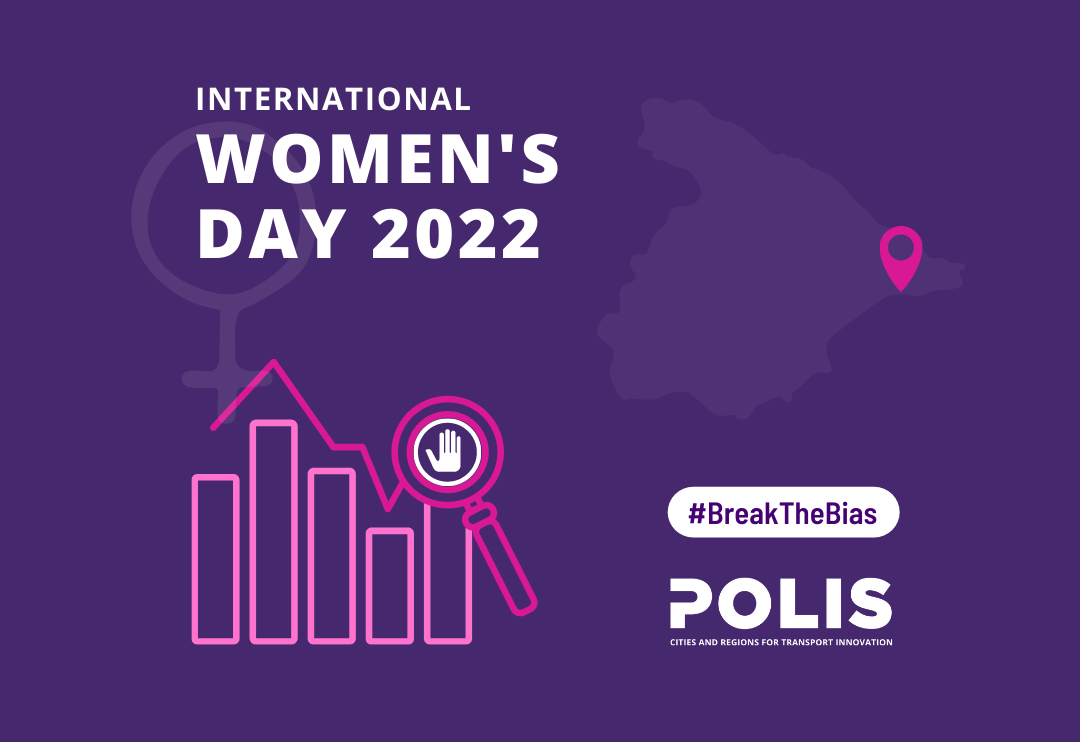
Putting gender data into action in Catalonia

SAVE THE DATE for the Annual POLIS Conference 2022

Futureshop: Hyperconnected city: join the latest LEAD webinar and hear about The Hague’s Digital Twin models!

Île-de-France Mobilités to provide users with single digital access to mobility services

Tallinn develops predictive digital transport model

The Platform for Electromobility’s latest report confirms the inevitability of Electric vehicles transition

Cardiff citizens use data from WeCount to communicate road safety concerns to local councillors

Open Mobility Foundation releases guidance for using Mobility Data Specification
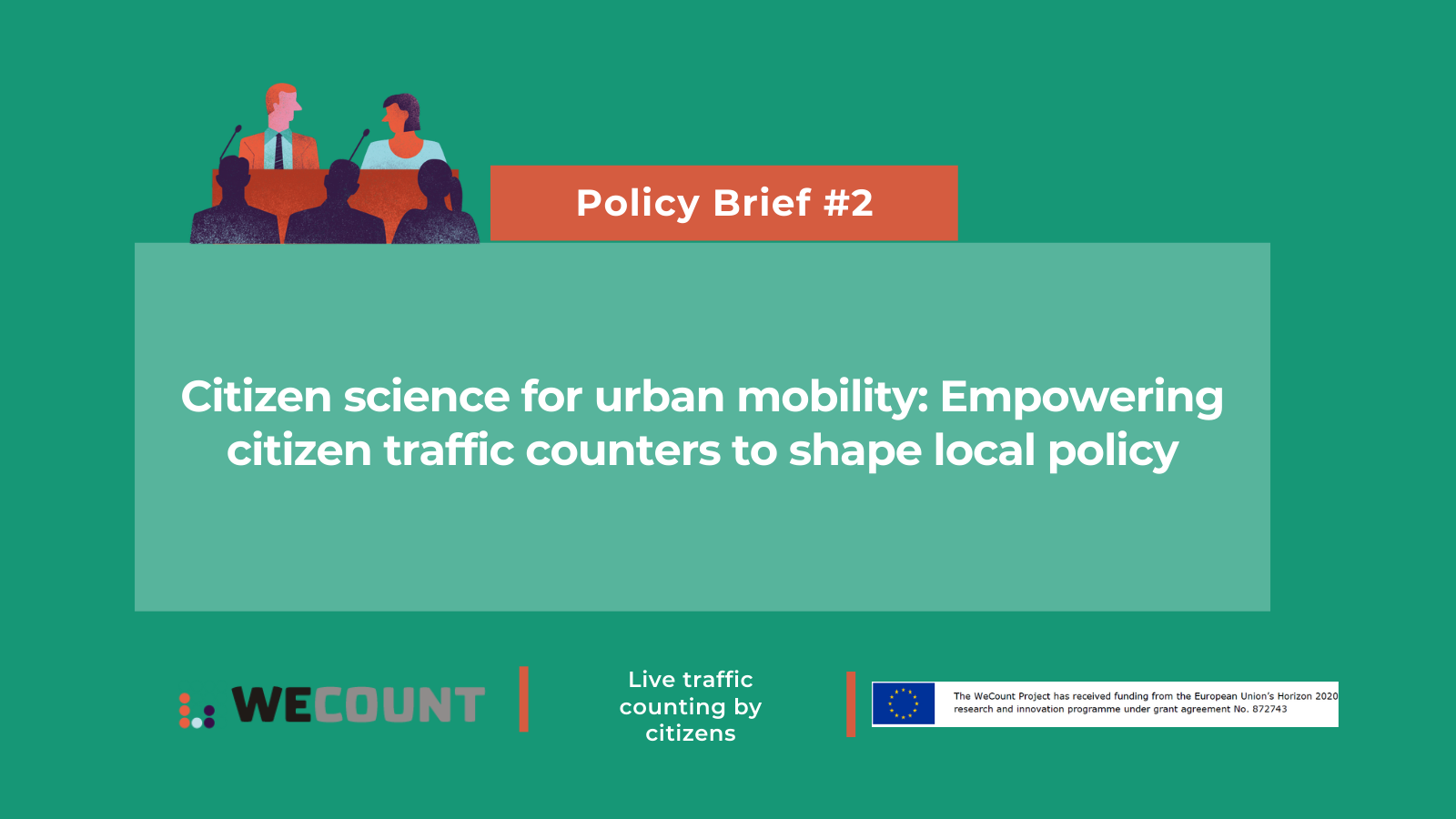
How residents can shape local policy-making through citizen science

Local Digital Twins: Forging the Cities of Tomorrow

Empowering the citizen: how the WeCount Project has helped amplify the voice of Cardiff citizens

Do cities have the skills they need to achieve their sustainable mobility goals?

Dublin schools successfully monitor traffic and air quality with the help of WeCount

WeCount champions from Barcelona and Madrid in action!
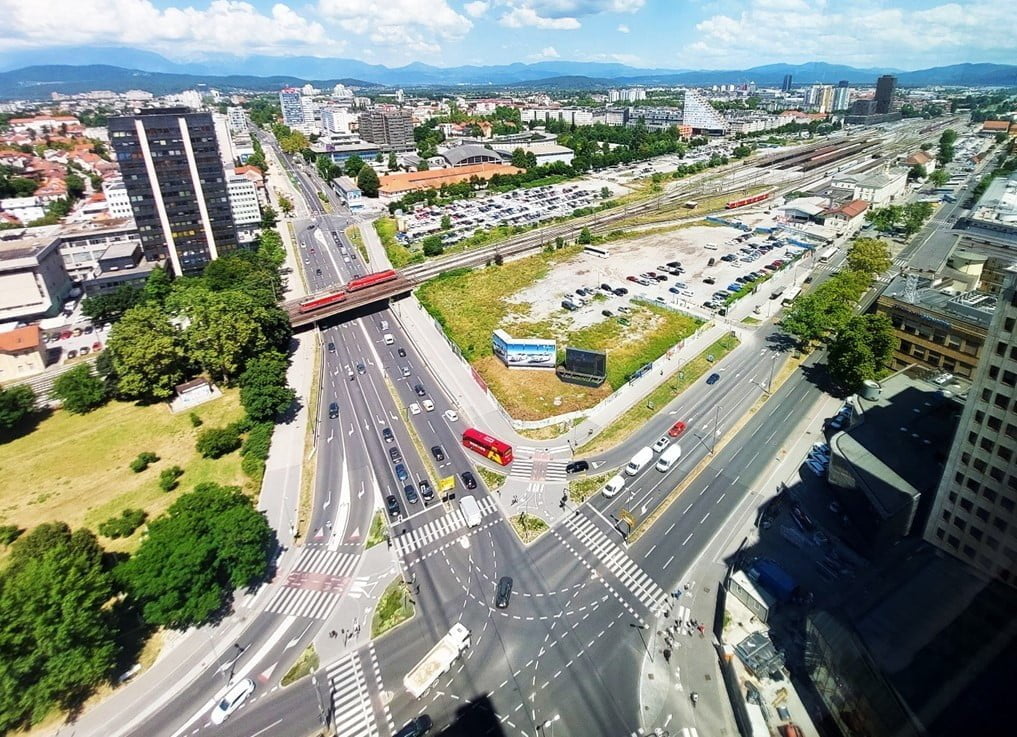
Students from Ljubljana propose new street and traffic arrangements using data from traffic counting sensors

Securing the right jobs and skills for sustainable mobility

June working group meetings: Digitisation, SMCs… and more!
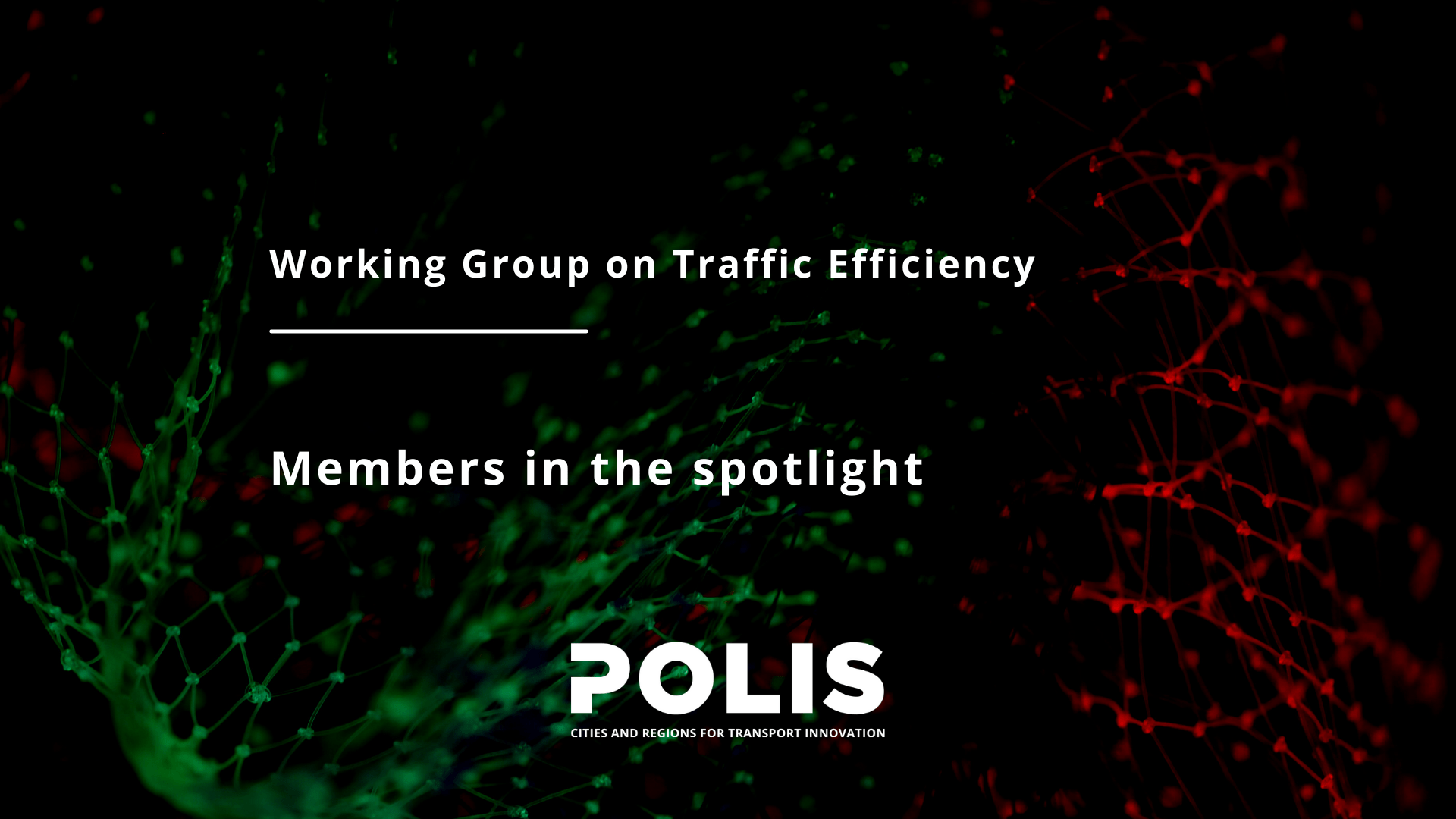
Building a data-driven culture: Members in the spotlight
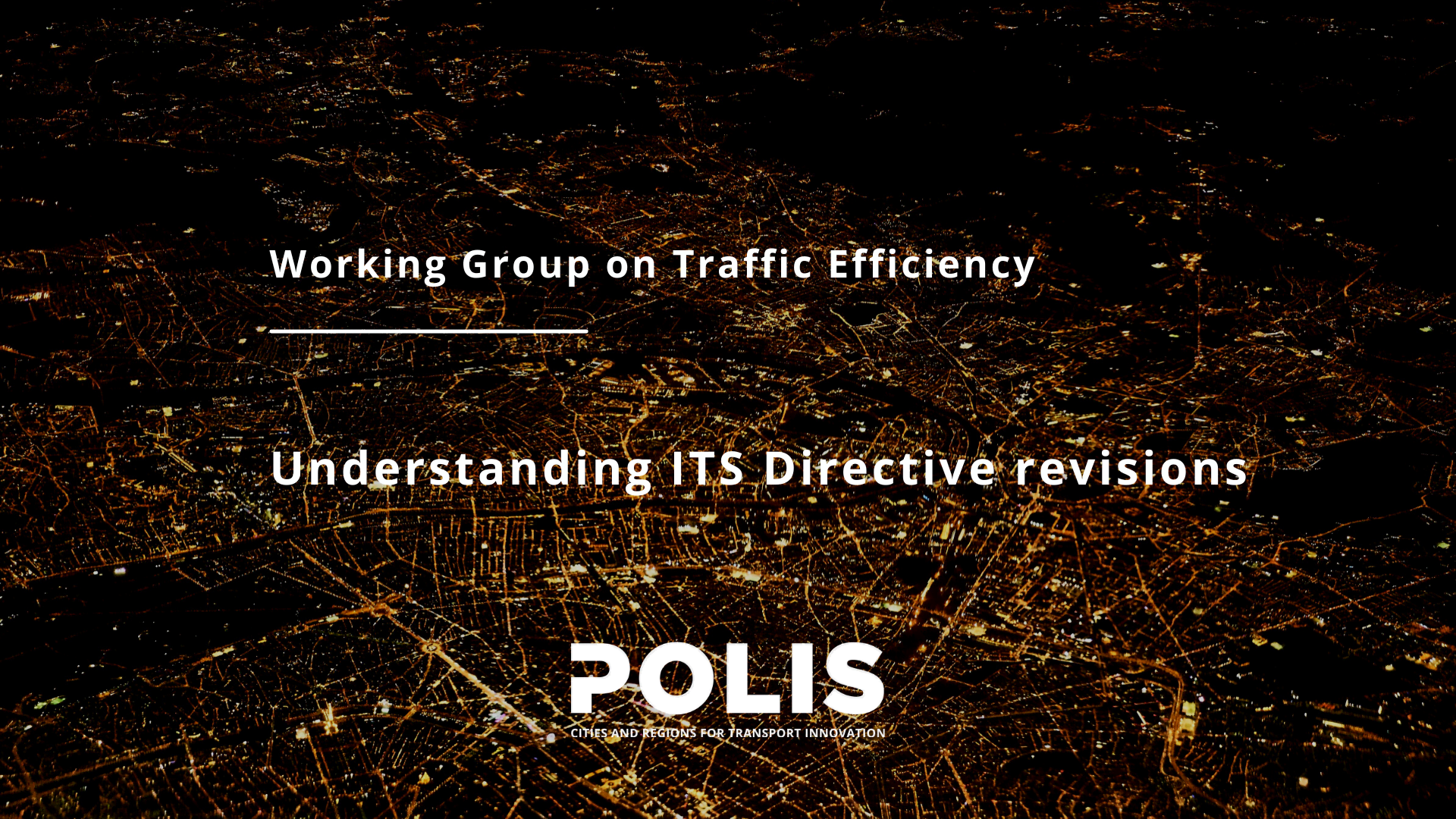
Traffic Efficiency working group examines ITS Directive

May’s Working Group meetings: It’s always sunny in sustainability

Autonomy Industry Talks: POLIS members make a splash

Public Private Partnerships: Shared Micromobility, taking stock

Public Private Partnerships: Partnering to fill the gaps of mass transit

Public Private Partnerships: Sharing Data from Shared Micromobility

Public Private Partnerships: Local & Regional Scales

Survey: Prague is seeking insights on transport modelling

POLIS members to debate the way forward for cleaner and greener transport in May

Leuven citizens ensure speed compliance with the help of low-cost traffic counting sensor

Dutch cities develop new mobility data standard
Join the MobiDataLab Reference Group!

Lille: Expanding research into women’s cycling

OMF opens Mobility Data Specification survey

Air pollution hot spots revealed

POLIS joins the MobiDataLab project

STF publishes handbook outlining electric vehicle best practices

New report provides roadmap for MaaS
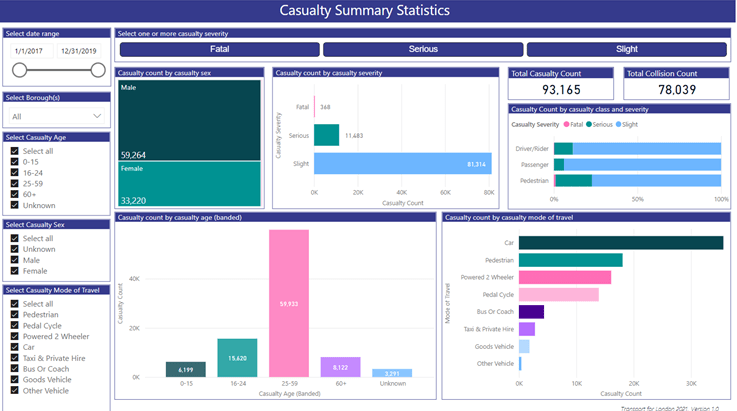
Transport for London launches Vision Zero dashboard

POLIS publishes results from survey on data sharing for shared micromobility

New deadline: join the LEAD Transferability Platform!

Share best practices on use of asphalt as pavement for pedestrian amenities

Digital twins for urban logistics planning: join the LEAD Transferability Platform!
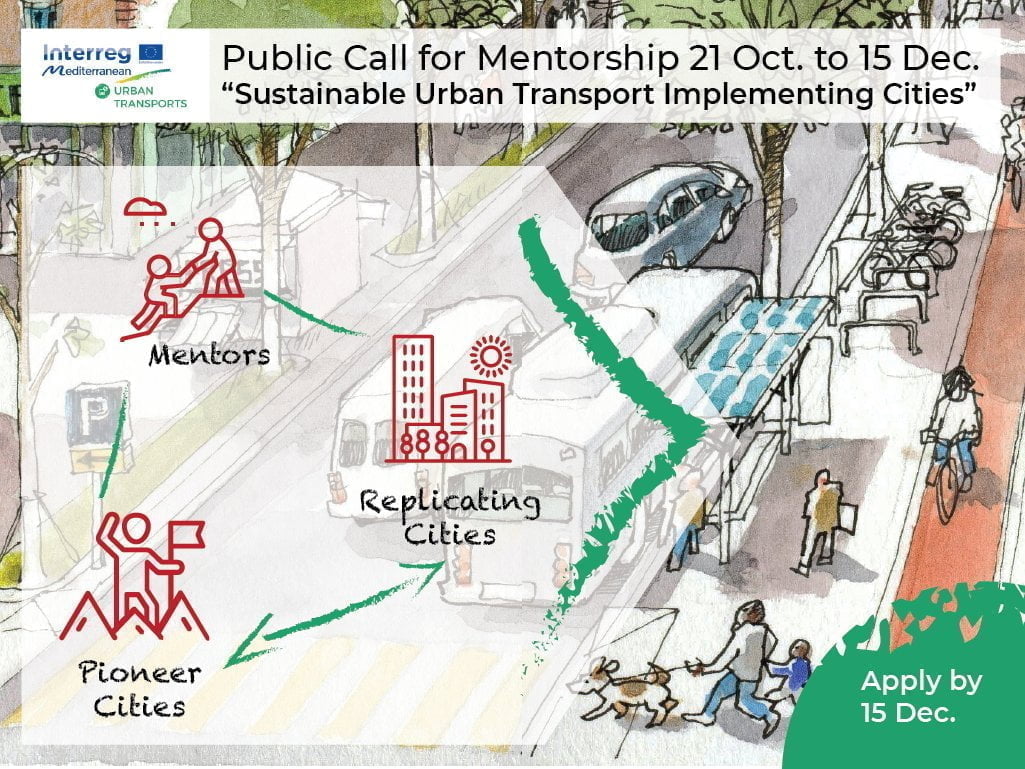
Apply for the Public Call for “Sustainable Urban Transport Implementing Cities”!
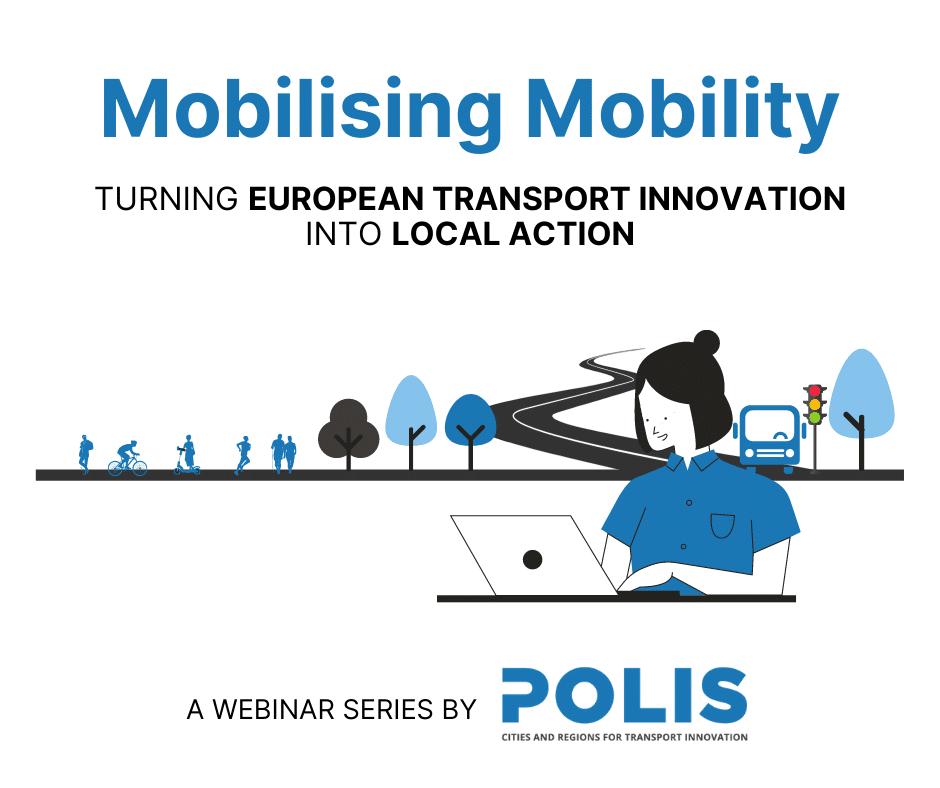
Mobilising Mobility Webinar Series: November

Brussels measures vehicle pollution in real time

Join us at Autonomy’s Get Our Cities Moving programme

WeCount: Belgian and Spanish pilots engage 400 families in traffic counting for sustainable mobility
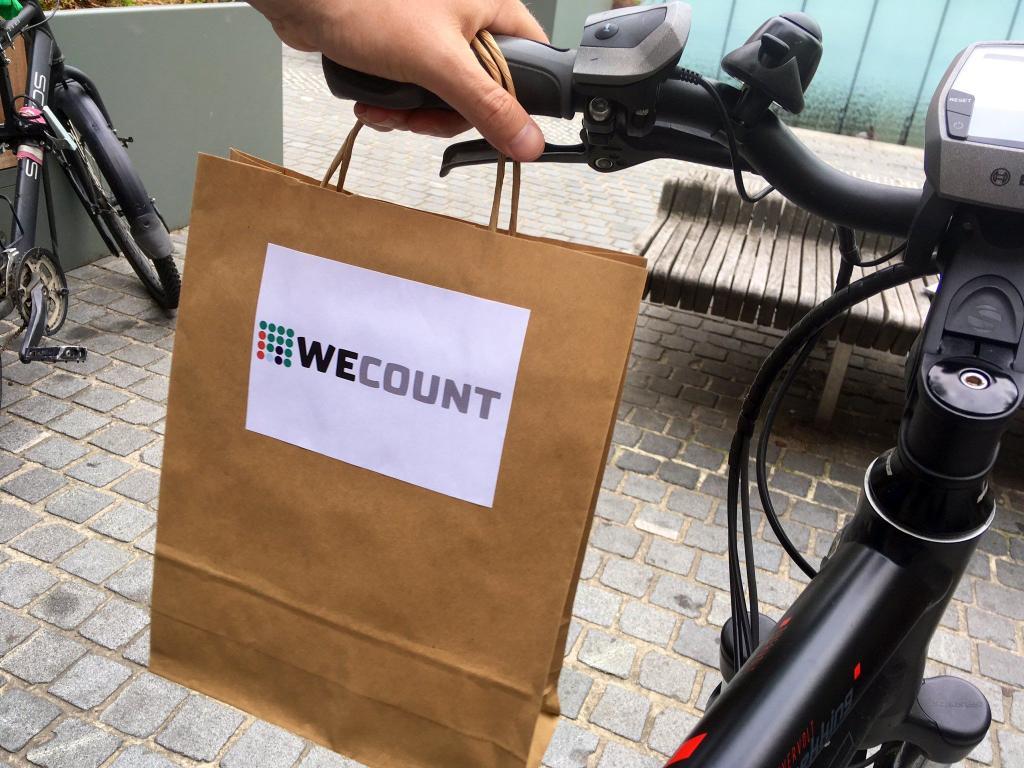
WeCount on hybrid citizen engagement approaches to deliver citizen-led project results in times of a pandemic

Gothenburg launches survey on traffic data analysis and monitoring
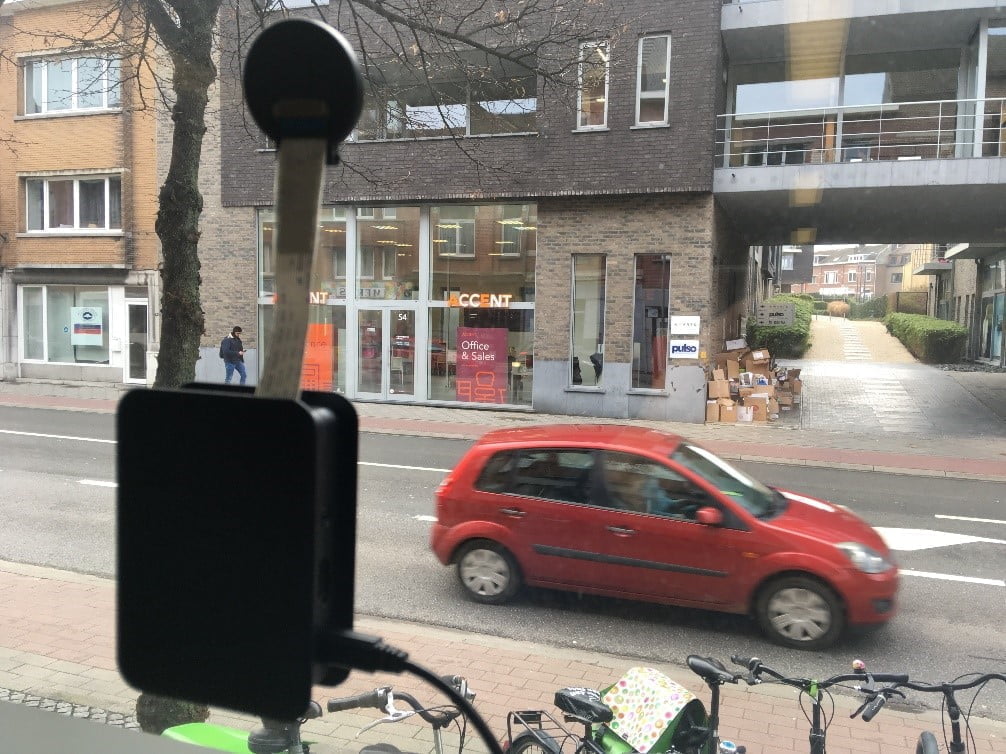
COVID-19: Citizen science reveals changing travel habits

Governance Working Group meeting to discuss data, PPPs and integration with public transport

Five European cities pioneer new citizen-oriented project aimed at improving local mobility with data

Polis releases discussion paper on micromobility

SUMI project launches e-course on sustainable urban mobility indicators
US transport planners association adopts policy paper on mobility data
New PIN report reveals data about urban road safety in the EU
Apply now: Horizon Europe – Mission Board on climate-neutral and smart cities
Results of the e-survey on users’ travel behaviour within the European project ISAAC

Cities-industry cooperation to accelerate deployment of sustainable city logistics solutions
Brussels reveals freight transport key figures in new report
AQUISS produces a simple and reliable 24-hour forecast of air quality for cities and urban agglomerations
European Commission releases road safety data for 2018
Polis facilitates dialogue between cities and regions and new mobility service providers
Smart Mobility Dashboard ManyWays launches in Brussels
SCIFI Project, Share Your Experience on Open Data in Public Procurement, Share
DATEX II Forum – 23-24 May 2018 – Utrecht
- Related Events
- Related Documents
- Related Projects

eCharge4Drivers Final Event

eCharge4Drivers Final Webinar

European Transport Conference 2024

30th ITS World Congress in Dubai

GeoSence Result Conference

SPACE4Cities Webinar: Demystifying space technologies for cities – Urban mobility management

SPACE4Cities Webinar: Demystifying space technologies for cities – Climate Adaptation

TRA 2024

SPACE4CITIES Webinar: Demystifying space technologies for cities, communities, and regions

AUTONOMY MOBILITY WORLD EXPO 2024

MobiDataLab Final Webinar: Data-Driven Horizons

MobiDataLab Final Conference – Where Solutions Drive Mobility’s Future

MobiDataLab Codagon: Unleash your innovation potential!

TAAM Toolbox Webinar

MobiDataLab Hackathon

eCharge4Drivers EIG Workshop: Barcelona

Small & Medium-Sized City Meeting: La Rochelle

ITS European Congress 2023

MobiDataLab Datathon: solve mobility challenges with data exploitation

FUTURE-HORIZON Final Event

2nd EMR Connect Workshop

MobiDataLab 3rd Webinar: Exploring new frontiers of mobility data sharing

SOLUTIONSplus Exchange Session “MaaS and ITS”

2022 Annual POLIS Conference

MobiDataLab Second Webinar: Methodologies and Data-based Technology Solutions for Improved Urban Mobility

Tomorrow.Mobility World Congress 2022

Regions Working Group: Commuter traffic planning and demand management

Urban Mobility Days 2022

Multimodal Urban Day: Paris edition

UVAR Box Hackathon

PRECINCT 1st Stakeholder’s engagement Workshop

Go Mobility by MUBIL Tradeshow

Governance & Integration working group meeting

MobiDataLab webinar on “Fostering data sharing for a better mobility in Europe”

Citizen science – tools to achieve a real impact on policy-making

Active Travel Challenge: Showcase Webinar
Members in the Spotlight: STIB/MIVB
Mobility Efficiency Working Group meeting: Paris data activities
ITS Directive and Multi-modal Travel Information Services (MMTIS) delegated regulation
ITS Directive and Real-time Traffic Information (RTTI) delegated regulation
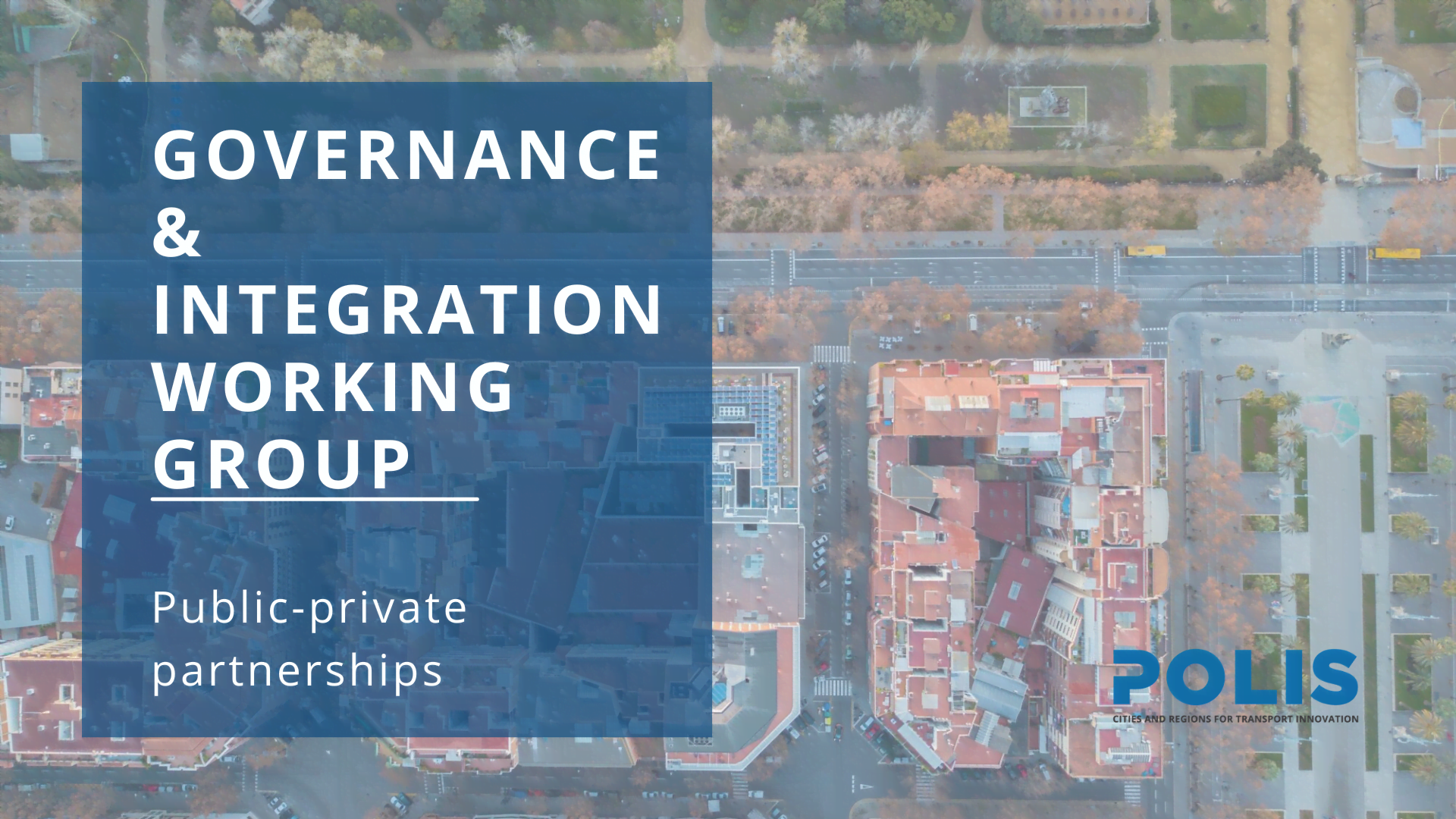
Governance and Integration Working Group meeting: Public Private Partnerships

CIVITAS Initiative knowledge exchange event
6th DATEX II Forum – At the heart of connectivity

Join the POLIS DigiEduHack challenge

Mobilising Mobility: Managing uncertainty when dealing with the Future of Mobility

Mobilising Mobility: Data-driven Urban Mobility Planning and Citizen Science – a match made in heaven

Reuters Mobility Hub webinar: London post Covid-19: Smart Tech and Harnessing Data for the Public Good
Impact>Mobility conference

Citytech and the future of mobility, Milan 13-14 September 2018
DATEX II Forum

Cities in motion – Volume IV: ‘Pathways for Progress’

Cities in motion – Volume II: ‘Leadership for action’
MOBI-MIX insight report: Shared mobility data for policy making

Cities in motion – Volume I: ‘The 15-year city’

Sharing data for shared micromobility
RTTI Priority Zones report
RTTI delegated act revision survey_Word file
Polis 2014 view on RTTI delegated act
RTTI delegated act revision

Polis Paper – Macro Managing Micro Mobility
An open platform for transport data in Madrid
Towards a more harmonised way of providing access to quality transport data – recommendations from the CIVITAS Capital ITS Advisory Group
City dashboard Rotterdam: Data driven monitoring of logistic flows
Thinking Cities #5
EMT Madrid Open Data Platform for public transport information
Open data, innovative apps, crowdsourcing and feedback in Rome
Opening up Reading’s server
Opening up transport data

deployEMDS

MobiDataLab

STREnGth_M

SUMP İzmir








